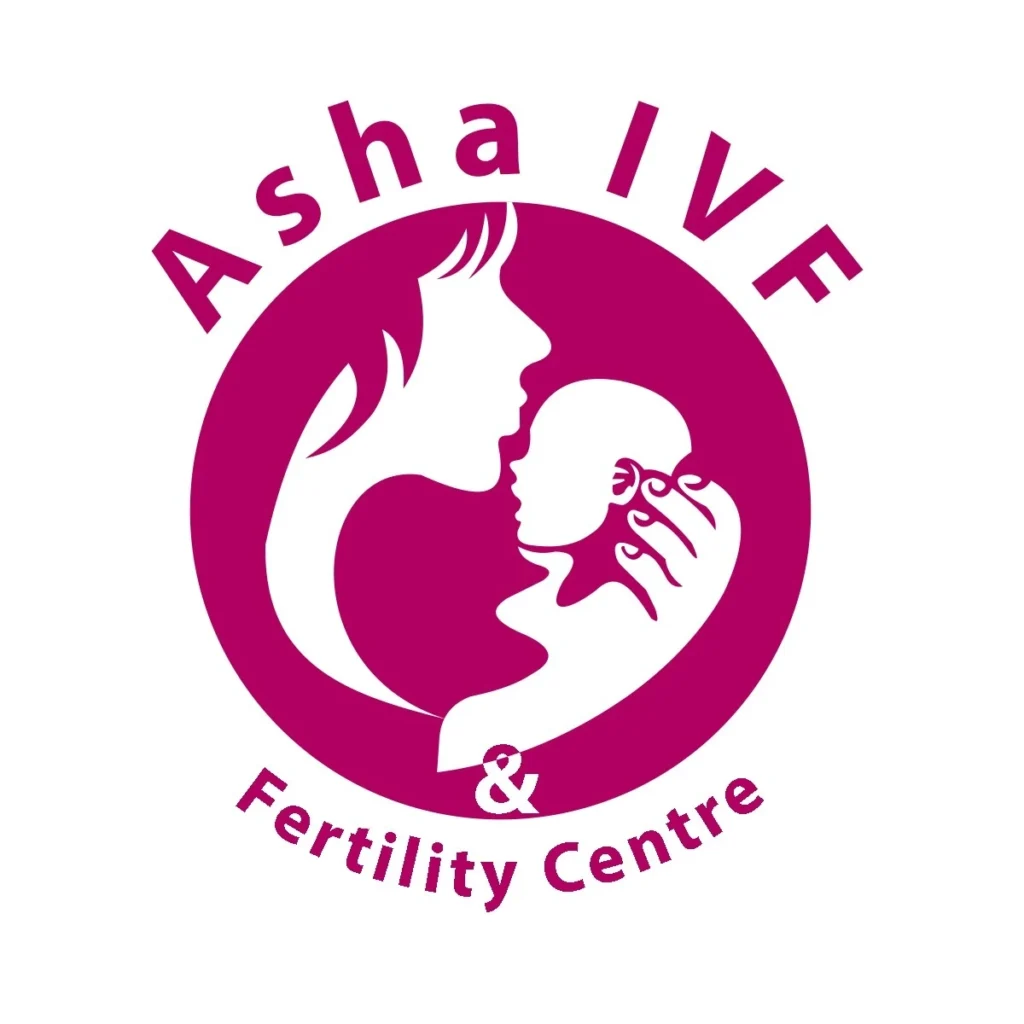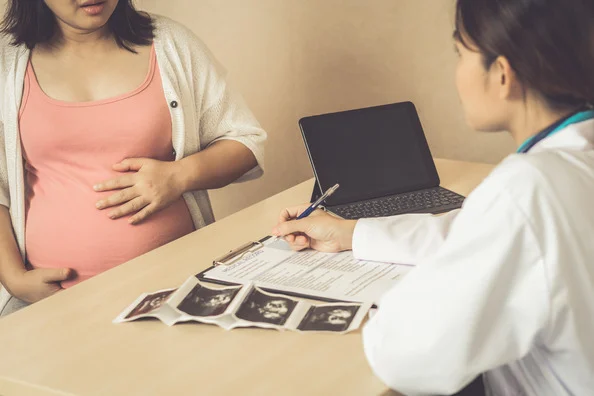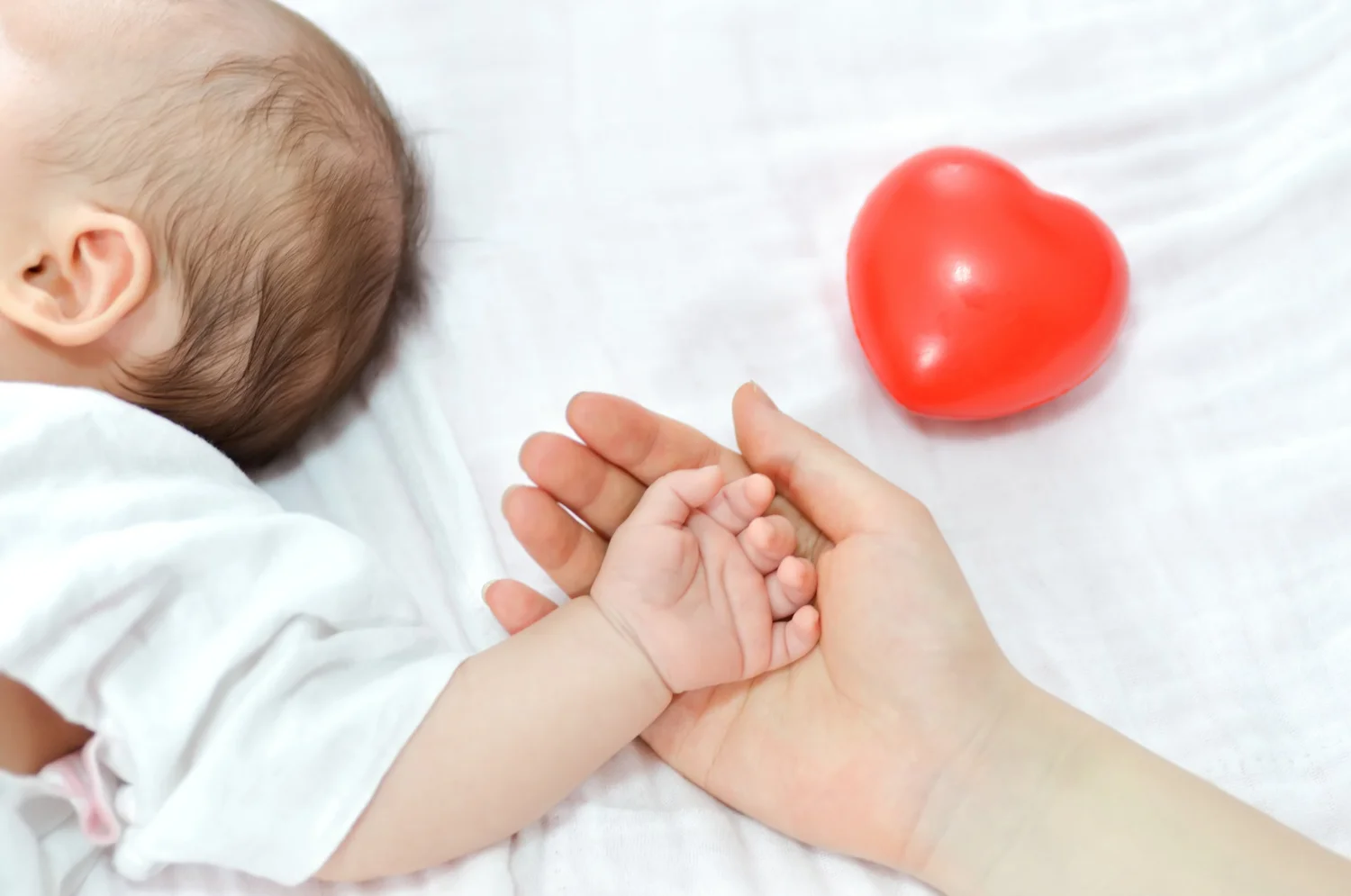Reproduction at an advanced maternal age, typically defined as 35 years and older, has become increasingly common as more women delay childbirth due to career pursuits, personal goals, or other life circumstances. While this decision is deeply personal and often empowering, it also comes with unique challenges and considerations related to maternal health and fertility.
Fertility Decline and Reproductive Challenges
As women age, fertility naturally declines due to several factors. The quantity and quality of a woman’s eggs diminish, leading to a reduced likelihood of natural conception. Additionally, the risk of chromosomal abnormalities, such as Down syndrome, increases with maternal age, making conception and a healthy pregnancy more difficult.
One of the most significant challenges faced by women of advanced maternal age is the increased risk of miscarriage. Studies show that women over 35 are at a higher risk of miscarrying, primarily due to chromosomal abnormalities in the embryo. This underscores the importance of thorough prenatal care and early pregnancy monitoring for older mothers.
Maternal Health Risks
In addition to fertility challenges, advanced maternal age also brings heightened risks to maternal health. These include:
- Gestational Diabetes: Older mothers are more susceptible to gestational diabetes, which can lead to complications such as high birth weight, preterm birth, and an increased likelihood of requiring a cesarean section.
- Hypertension: High blood pressure, or pregnancy-induced hypertension, is more common in older women. This condition can lead to preeclampsia, a serious complication that poses risks to both the mother and the baby.
- Placenta Previa: The risk of placenta previa, where the placenta covers the cervix, increases with age. This condition can cause severe bleeding during pregnancy and delivery, necessitating careful monitoring and possible early delivery.
- Preterm Birth: Women over 35 have a higher risk of preterm birth, which can result in various complications for the newborn, including respiratory distress syndrome, developmental delays, and long-term health issues.
- Cesarean Delivery: Advanced maternal age increases the likelihood of requiring a cesarean section due to complications such as fetal distress, abnormal fetal positions, or prolonged labor.
Emotional and Psychological Considerations
The journey to motherhood at an advanced age can be emotionally and psychologically challenging. Women may face increased anxiety about the health of their pregnancy, concerns about their ability to conceive, and societal pressures related to their decision to delay childbirth. It is essential for these women to have a strong support system and access to counseling services to navigate the emotional complexities of late motherhood.
The Role of Assisted Reproductive Technologies (ART)
For women struggling with fertility issues due to advanced maternal age, Assisted Reproductive Technologies (ART) such as In Vitro Fertilization (IVF) offer a viable solution. IVF has revolutionized the field of reproductive medicine, allowing women to conceive even when natural conception is not possible. However, IVF success rates decline with age, making it crucial for women considering this option to seek treatment from a reputable and experienced fertility center.
Asha IVF & Fertility Centre: Leading the Way in Reproductive Care
Asha IVF & Fertility Centre stands out as the best IVF center for women of advanced maternal age. With a team of highly skilled fertility specialists and state-of-the-art facilities, Asha IVF offers personalized treatment plans tailored to each patient’s unique needs. Their comprehensive approach includes advanced diagnostic testing, fertility preservation options, and cutting-edge ART techniques that maximize the chances of a successful pregnancy.
What sets Asha IVF & Fertility Centre apart is their commitment to patient care and support throughout the fertility journey. They understand the emotional and physical challenges faced by women of advanced maternal age and provide a compassionate environment where patients feel empowered and informed.
Conclusion
Reproduction at advanced maternal age presents unique challenges, but with the right support and medical care, women can achieve their dream of motherhood. By prioritizing maternal health and seeking treatment from leading centers like Asha IVF & Fertility Centre, women can navigate the complexities of late motherhood with confidence and peace of mind.






